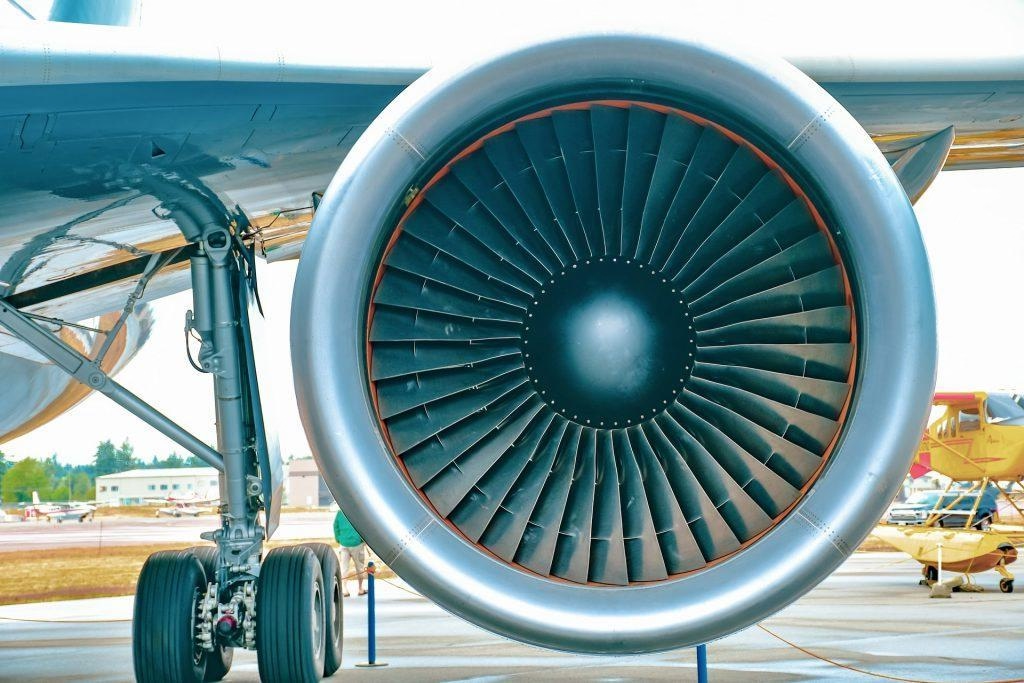AeroGenie — Ваш интеллектуальный второй пилот.
В тренде
Categories
The Cost of Leasing Aircraft Engines for Airlines

The Cost of Leasing Aircraft Engines for Airlines
Strategic Importance of Engine Leasing
Operating an airline involves navigating a complex landscape shaped by external factors such as fluctuating demand, seasonality, and weather, alongside internal considerations including business models, leadership, and cost structures. Given the capital-intensive nature of the aviation industry, leasing aircraft—and particularly engines—has become a prevalent strategy. This approach is especially favored by startups and carriers aiming to preserve cash flow while maintaining operational capacity.
Leasing aircraft engines offers several strategic advantages. According to Aeroreport, over half of the world’s airline and cargo aircraft operated with leased engines in 2023, a significant increase from less than a quarter in 2000. This trend reflects both financial necessity and the desire for operational flexibility. Engine lessors bring specialized expertise across various engine types and often provide maintenance, repair, and overhaul (MRO) services. Such support is particularly valuable for airlines operating older aircraft models, including the Boeing 757, which remains in service with major carriers like Delta Air Lines and United Airlines. Additionally, lessors maintain inventories of used parts for aging or less common engines, enabling airlines to keep older fleets operational without incurring the high costs associated with new components.
Industry leaders have underscored the critical role of engine selection in airline performance. For instance, easyJet’s CEO Johan Lundgren highlighted the airline’s choice of CFM LEAP-powered A320neo aircraft as a key factor contributing to its operational success.
Market Trends and Financial Implications
Leasing aircraft engines represents a substantial expense for airlines, with costs influenced by engine type, leasing providers, and broader market dynamics. Narrowbody aircraft engines such as the CFM56, LEAP-1A, and LEAP-1B are among the most commonly leased models.
Current market trends reveal rising leasing rates, driven primarily by increased demand for fuel-efficient aircraft like the Airbus A320neo. This surge has elevated leasing costs for newer engines such as the LEAP-1A and PW1100G, as limited supply intensifies competition among airlines. Environmental considerations further amplify this demand, as carriers face mounting pressure to operate more sustainable fleets, thereby increasing the value and cost of the latest, most efficient engines.
The aviation industry’s uneven recovery from the COVID-19 pandemic, coupled with ongoing supply chain disruptions, has contributed to fluctuating demand and escalating maintenance expenses. These factors have made engine leasing more expensive, prompting airlines to rely on leasing arrangements to avoid substantial upfront capital investments.
Responses within the industry vary. While some stakeholders remain optimistic about long-term growth prospects, others express caution regarding persistent cost pressures. In light of these challenges, airlines are exploring alternative strategies to manage expenses, including renegotiating lease terms, pursuing more flexible agreements, and diversifying their engine portfolios.
Conclusion
Leasing aircraft engines continues to be an essential mechanism for airlines to control costs and maintain operational agility. However, persistent supply chain challenges, rising maintenance costs, and environmental imperatives are driving leasing rates upward. As the industry adapts to these evolving conditions, the engine leasing market is expected to remain dynamic, with carriers actively seeking innovative approaches to balance cost efficiency and operational performance.

Emirates Unveils Cabin Design for New Boeing 777X

Eighteen Years On, the Airbus A380 Remains Central to a $34 Billion Airline

How a boom in luxury airline seats is slowing down jet deliveries

Navitaire Outage Attributed to Planned Maintenance

Airbus Plans Record Delivery of 870 Aircraft in 2026

DigiYatra Debuts Outside Aviation at India AI Impact Summit

Vietnam Orders Strengthen Boeing’s Commercial Outlook

Airbus Signals Uncertainty Over Future A400M Orders

JobsOhio Awards $2 Million Grant to Hartzell Propeller for Innovation Center

Collins Aerospace Tests Sidekick Autonomy Software on YFQ-42A for U.S. Air Force CCA Program
